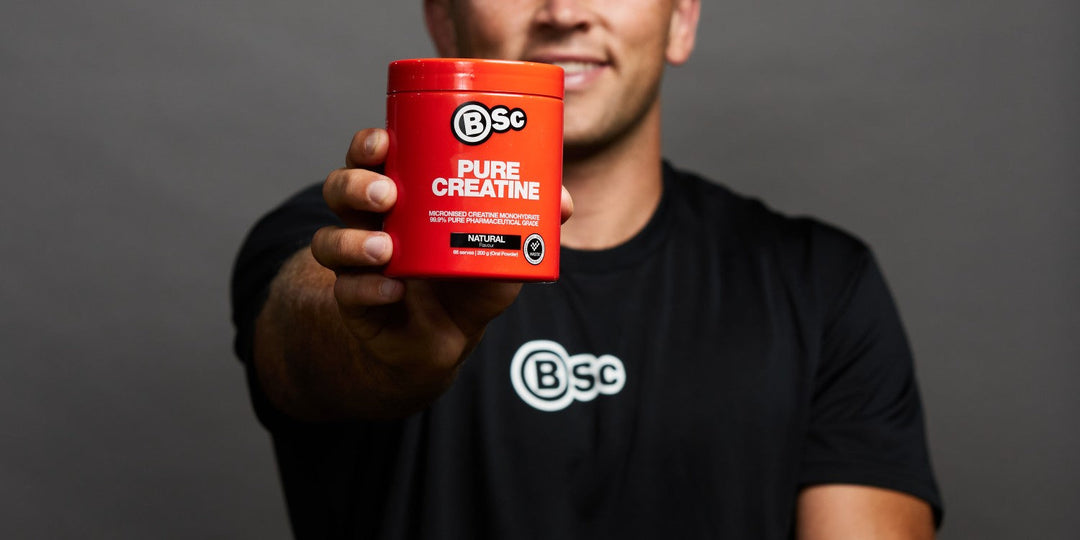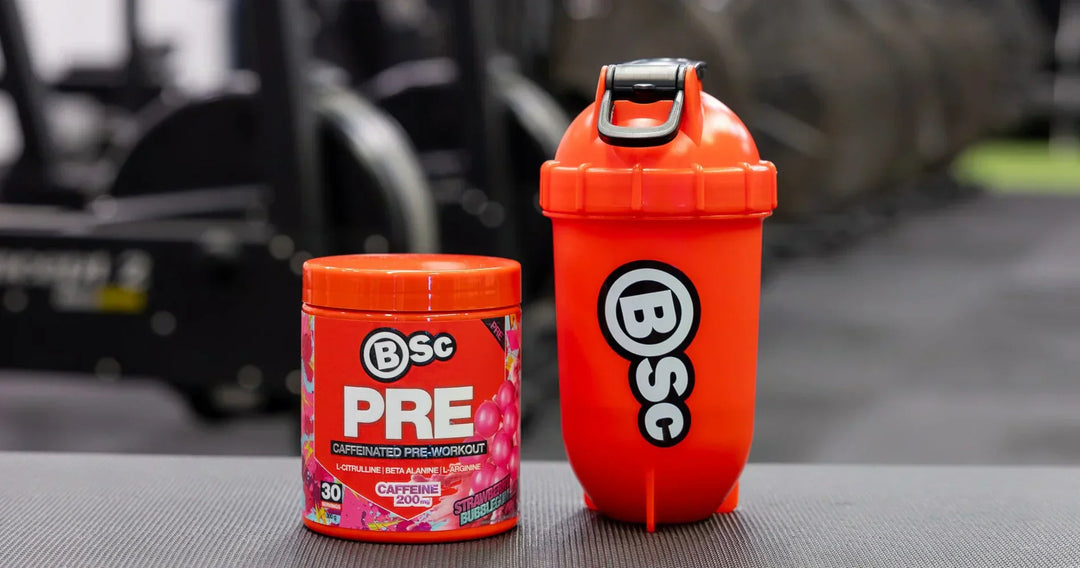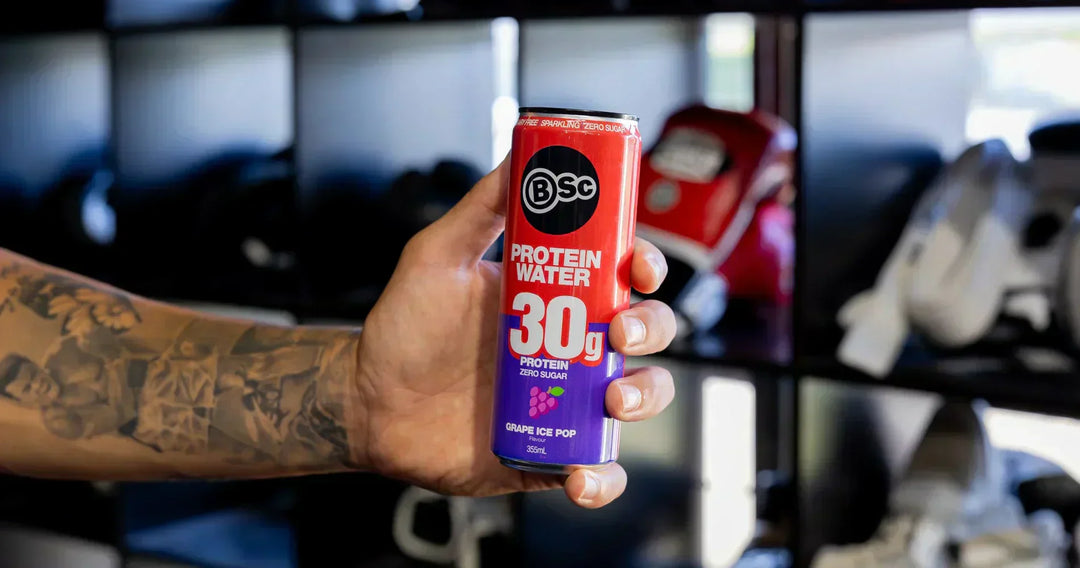Everything you need to know about the (not so) evil catabolic hormone! Training is my outlet. It’s my escape from Physical and Cognitive stress. I train intensely and give it 100% when I’m in the gym irrespective of what is going on in my life. I work out six-seven days a week, up to three times a day using both a combination of aerobic and anaerobic activity which also means that my cortisol has to be regulated REGULARLY!!!
Not just because I want to be muscly and ripped, but also because I want to perform when I am doing my favourite workout of the day…Brazilian Jiu-Jitsu. However, my love for training creates an adverse reaction (the release of cortisol) which results in catabolism and even water retention.
THERE'S GROWING INTEREST IN CORTISOL, PARTICULARLY IN HOW TO CONTROL IT WHEN YOU TRAIN INTENSELY AND FREQUENTLY. BUT AREN'T THERE SOME PROS TO CORTISOL? Absolutely. Cortisol is an anti-stress hormone that enables us as human beings to survive physically as well as cognitive trauma. Cortisol also plays an important role post-exercise, by allowing the body to access fat stores, a necessity when trying to trigger muscle-protein-synthesis. Something we all want to achieve post-workout as it is this reaction that results in progress.
HOW DO ELITE ATHLETES OR “GYM-JUNKIES” WHO SPEND SEVERAL HOURS PER DAY TRAINING MANAGE CORTISOL? Any form of intense exercise will inevitably increase cortisol production in the body. Athletes with an extreme amount of cortisol in their bodies are typically the ones who are overtraining, which in my opinion is a positive thing. Why? It can be used as a measure for your coach/es, team or even you as an individual to decide whether or not you should cut back on training or possibly even train harder! Endurance athletes tend to have the highest cortisol levels, however that changes as the body becomes adapted to the stress it is exposed to regularly. The body will naturally secrete less cortisol as it adapts to certain stress as the central nervous system causes an adaptive physiological response that allows the body to be less receptive to such stress. And that is why recovery through adequate rest (sleep), hydration (the more you train the more water and electrolytes you need), nutrition (a sufficient amount of protein, fats, carbs AND micronutrients) and intelligent supplementation (free of banned substances such as Aussie owned and tested company BSc) is imperative. As without the recovery element, there is no progression.
WHAT RESULTS IN MORE OF AN ADVERSE REACTION VIA CORTISOL? RESISTANCE TRAINING OR CARDIO? The effect of cardio exercise on cortisol has been greatly exaggerated. Cortisol levels only begin to rise after approximately 1-1.5hrs of aerobic activity. As for resistance training, the more intense the exercise, the higher the cortisol release. HOWEVER, the same rule mentioned above still applies. Experience results in less secretion of cortisol.
FROM A HORMONAL STANDPOINT, WHAT'S THE BEST TIME TO DO CARDIO AND/OR WEIGHTS? Cortisol levels peak in the early morning, so exercising very early should result in higher cortisol output. Training in the evening produces the lowest cortisol response. However, eliminating the variable of convenience will result in more cortisol secretion than normal. And that is why it's best to train at a time that is not only convenient today, but sustainable long term.
WHAT SUPPLEMENTS HELP WITH CORTISOL CONTROL? AND DO THEY WORK? If cortisol is reduced, the metabolism is activated to burn fat, which supports thermogenic effects. HydroxyBurn Clinical has new herbal Bluenesse ® that have shown to reduce cortisol in clinical trials & offer’s synergy and balancing effect for both mental & thermogenic science. What works best also happens to be simple. Consume HydroxyBurn Clinical first thing in the morning then Amino BCAA Fuel with L-Glutamine intra-workout and protein (don’t be afraid to add carbs) post-workout. This combination has shown to blunt the release of cortisol effectively for maximum results.
WHAT ARE SIGNS OF EXCESSIVE CORTISOL PRODUCTION? Water retention, bloat, excess fat around the mid-section, and hitting a plateau or even stagnating in your progress in your training.
WHAT IS THE RELATION BETWEEN CORTISOL AND TESTOSTERONE LEVELS? Cortisol has an inverse relationship with all anabolic hormones, including testosterone, growth hormone, and insulin. When cortisol is elevated, these other anabolic hormones are suppressed. This is what will inevitably result in stagnation in your training progress
DOES HEAVY LIFTING RELEASE MORE CORTISOL THAN HIGHER REPETITIONS AND HIGHER VOLUME TRAINING? Cortisol is secreted irrespective of the form of training you subject your body to. The most relevant variable, as mentioned previously, is the body’s familiarity with the stress it is being subjected to. Cortisol production will decrease exponentially as the body becomes more familiar with your chosen form of training…so don’t stop!



